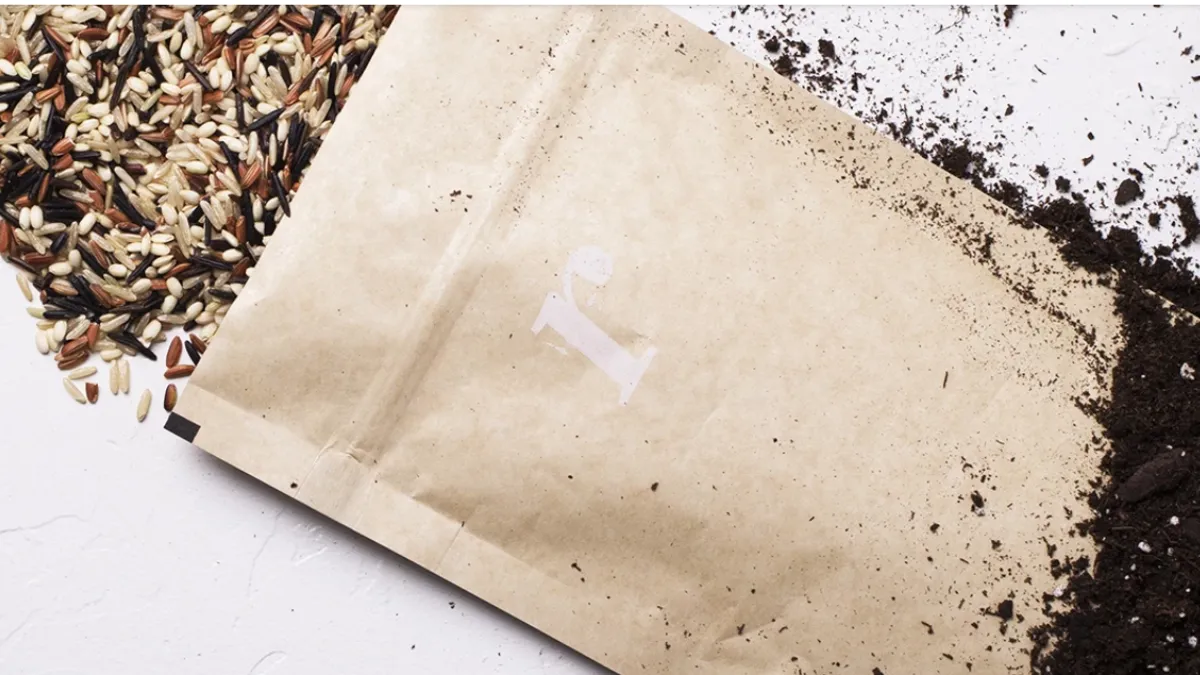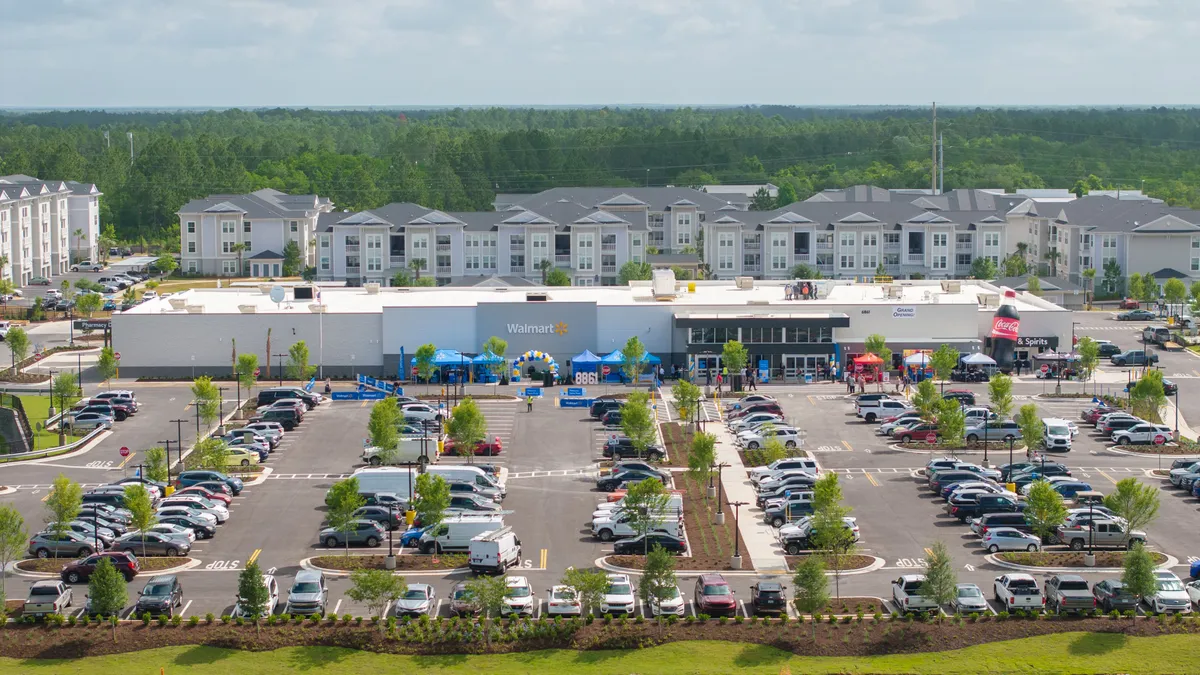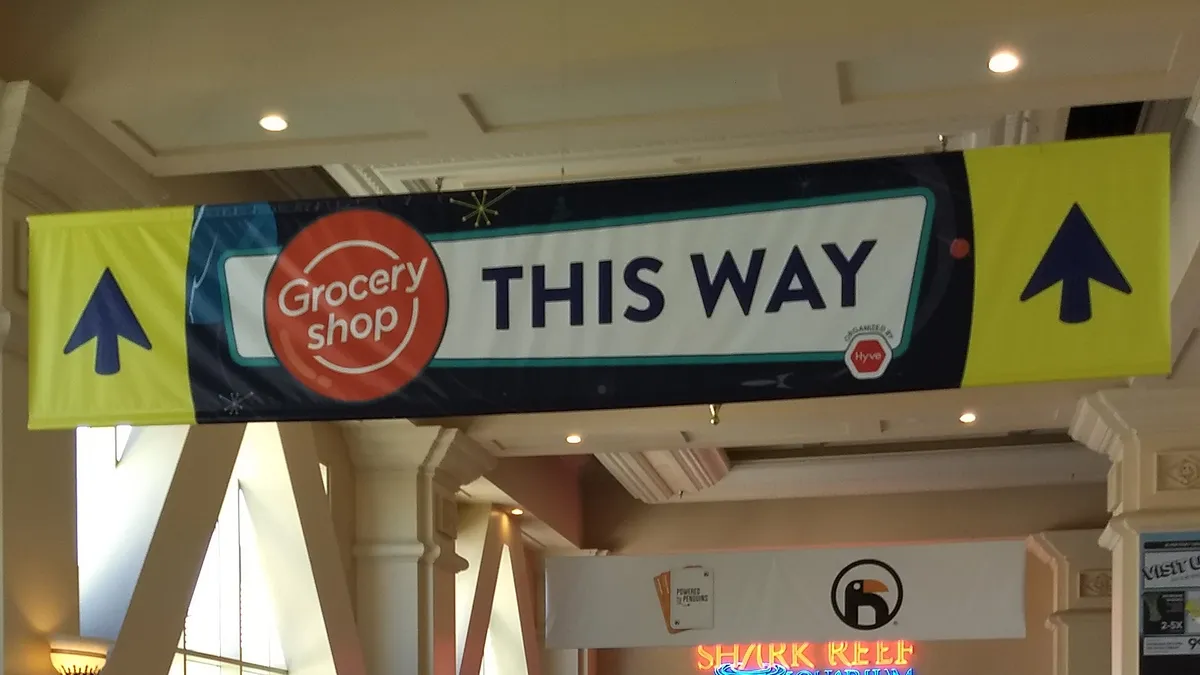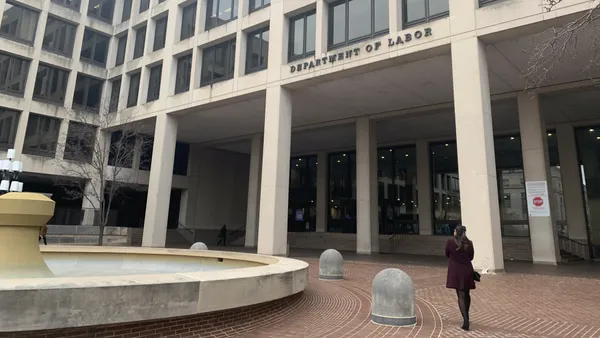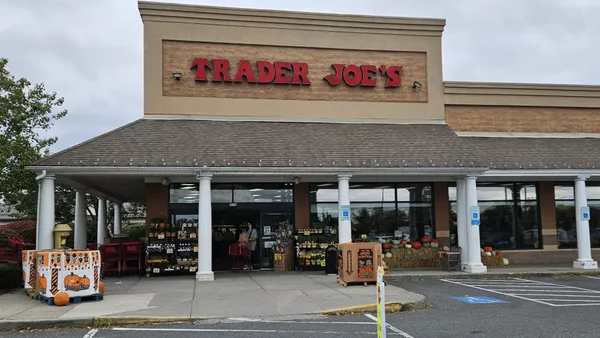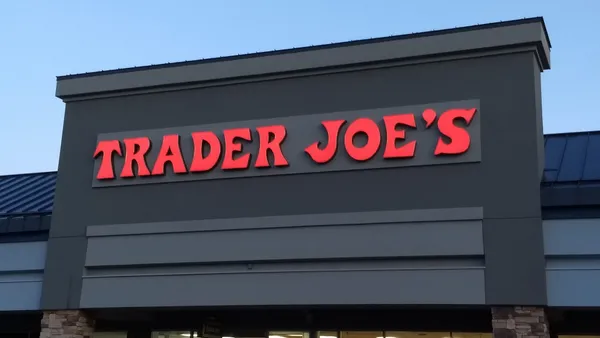Dive Brief:
- Startup Rise Mrkt will launch as a plastic-free grocery company in 2020 if its current crowdfunding campaign is a success, reports Fast Company. Rise plans to use compostable packaging for all products.
- The online grocer, which will offer primarily dried grocery items like beans and rice to start, will pay to have packaging sent to its closest facility if consumers cannot compost the materials themselves.
- Rise Mrkt said it will work with farmers and producers directly to keep its prices competitive with Amazon. The startup is also planning to purchase carbon credits for each order that it ships to offset greenhouse gas emissions produced during delivery.
Dive Insight:
Rise Mrkt's plan to be a climate-friendly company taps directly into a growing number of consumers' desires to reduce their carbon footprints, with recent research from Nielsen showing that 81% of consumers think that companies should be helping to improve the environment. The startup has an uphill climb, however, if it's going to bring its project to market. A Kickstarter campaign for the company has raised just $576 on a $25,000 goal.
There are limitations with Rise's model. Selling dried staples may be useful for the most committed, environmentally-minded shoppers, but average customers who are looking for a one-stop shop and a convenient experience won't have the time or motivation to purchase a few select goods from the e-grocer, even if they appreciate the plastic-free approach. Additionally, the price of compostable packaging could prove cost-prohibitive as the company scales.
Americans generate more than four pounds of trash per person each day, so there is ample opportunity for retailers to utilize more sustainable packaging solutions and differentiate from competitors. Over one-third of consumers consider a product's environmental impact when making a purchase, while 72% said they are buying more environmentally friendly products than they were five years ago, according to Accenture. When it comes to which packaging materials consumers shun most, plastic tops the list, with 77% considering it the least environmentally friendly.
If the company makes it to launch, debuting as a packaging-progressive company will, at minimum, generate customer interest given the backlash that some retailers have faced for failing to deal with the plastic problem sooner. Greenpeace issued an entire report on how poorly grocery stores are performing when it comes to plastic reduction. Trader Joe's received so much pressure from its customers that it launched a number of initiatives designed to cut plastic.
Walmart has also pledged to reduce its plastic footprint, aiming to implement 100% recyclable, reusable and compostable packaging in its private label lines by 2025. Several grocers have eliminated single-use plastic bags to placate consumers' anti-plastic stance or comply with local bans, with Stop & Shop most recently joining the list. Other retailers, like Whole Foods, have moved on from bags and are working to eliminate plastic straws and other materials.


